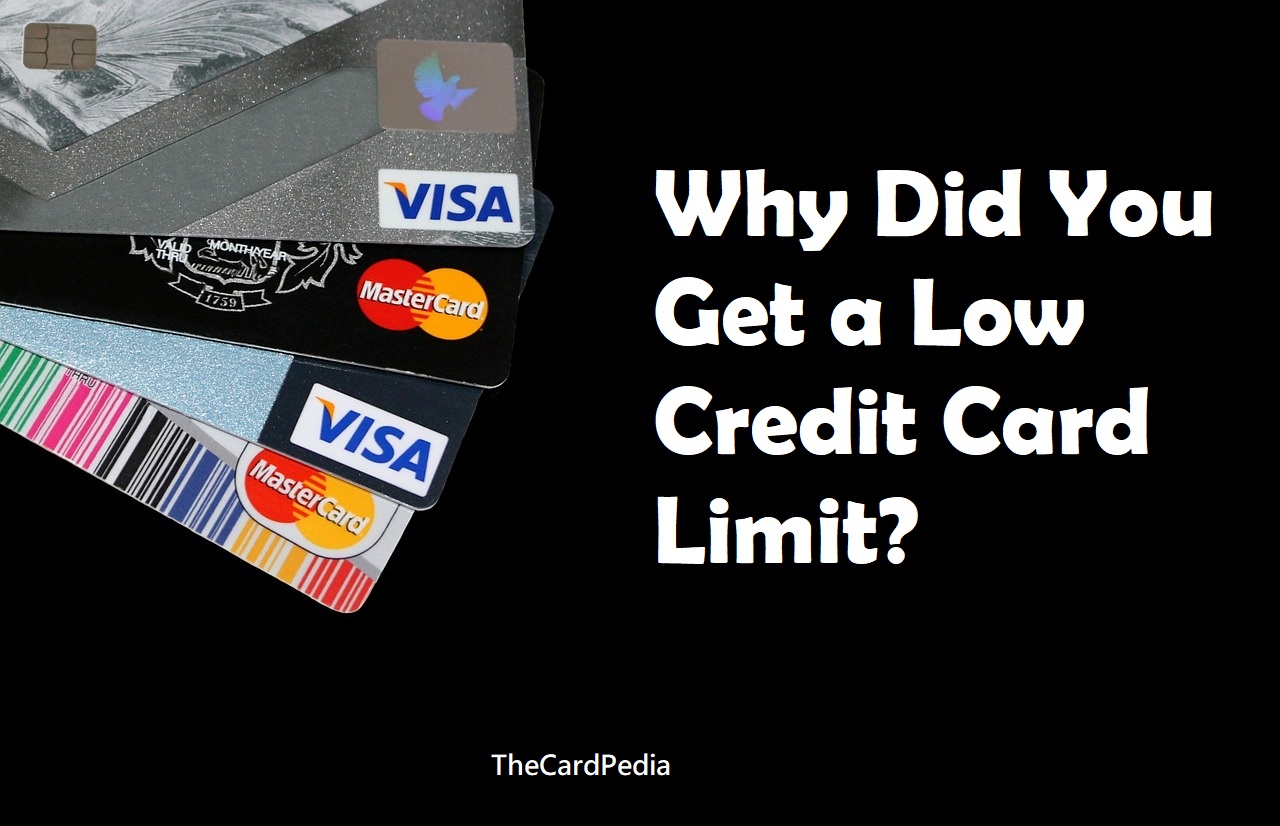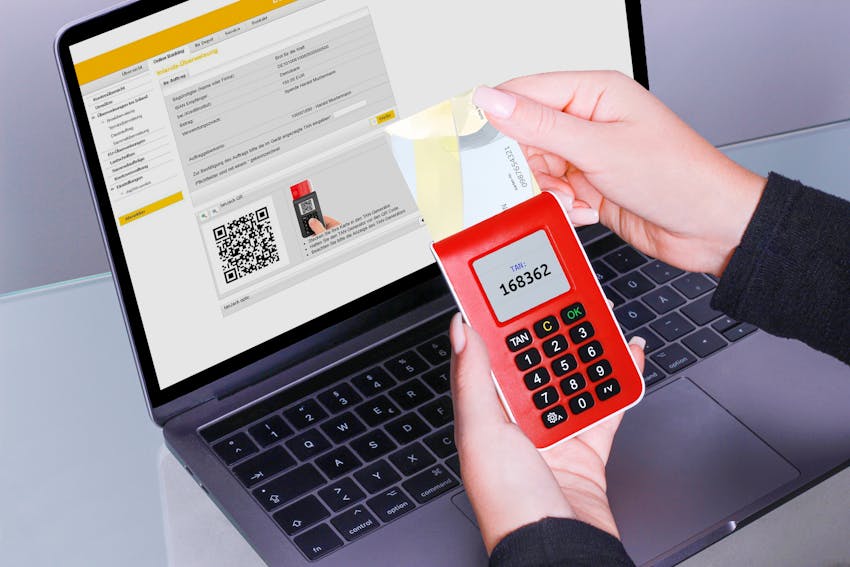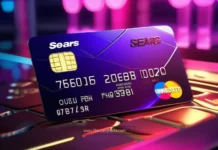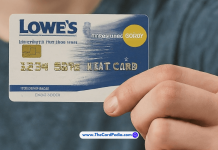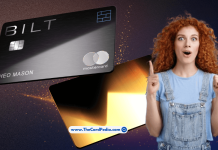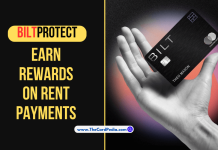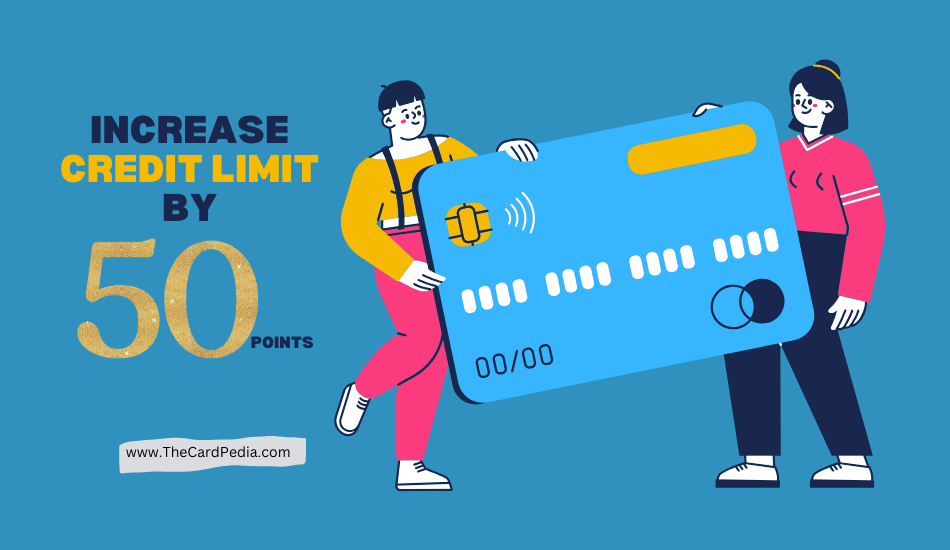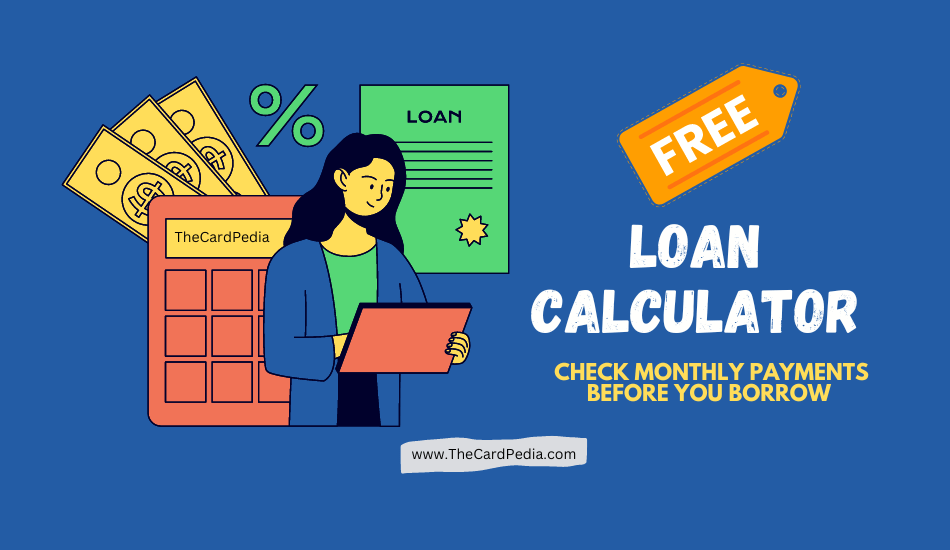Getting your first credit card is exciting, but it’s also a big responsibility. However, if you manage it well, it can help you earn credit, Rewards.
Let’s check what you should do after getting your first credit card so you can use it wisely.
As a first-time credit card user, a First Credit Card offers a great way to build your credit history while enjoying the benefits of a rewards program.
With options like cashback, points, or miles, you can earn rewards on everyday purchases. Plus, many First Credit Cards feature low introductory APRs and balance transfer offers, making it easier to manage your debt.
Whether you’re a student looking for your first credit card or a young professional seeking travel perks, a First Credit Card can be a valuable financial tool.
Understand your Credit Card features
Before using your credit card, it is important to understand its features and terms and conditions.
- Interest Rate (APR) : APR is the rate you’ll be charged if you don’t pay off your balance in full each month. Knowing your APR helps you avoid paying too much in interest.
- Credit limit: This is the maximum amount you can spend on your credit card. so, use Credit Card only where there is a requirement. Because maximum use of your credit card, can lower your credit score.
- Fees and penalties: Some credit cards come with recurring fees, late fees, or other penalties. Always check these details to avoid unnecessary expenses.
- Reward & Cashback: If your First Credit Card offers cashback or points, take advantage of it. Use your Rewards credit card for regular purchases to get more reward, but only if you can pay off the balance in full.
Read: 7 Essential Credit Card Tips for Beginners in 2024
Set up Automatic Payments
Missed payments can hurt your credit score and lead to late fees.
Set up automatic payments for at least the minimum payment so you never miss a due date again.
This simple step can help you avoid late Fees and build a strong payment history. Which can help you to Boost Your Credit Score Fast.
Check: Free Credit Score Repair Guide
Create a Budget and Spend wisely
It’s easy to overspend with a credit card, so it’s important to budget. Keep track of your spending and try to stay below 30% of your credit limit. This is called a credit application.
Using less of your available credit helps maintain a healthy credit score.
If you’re facing difficulties in tracking your expenses, we’re here to assist you in maintaining your financial records. Connect with Edueasify KPO today for more information!
Build a Credit History with timely payments
Your first credit card is a great tool to build your credit history. The most important thing to flash back is to always pay your bills on time. Indeed paying the minimum is better than missing out. Timely payments are a crucial factor in building your credit score.
A strong credit score can help you in the future when applying for a loan, mortgage or indeed another credit card.
Check your expenses
One of the biggest benefits of using a credit card is the ability to better track your spending.
Most cards have mobile apps or online banking tools where you can check your balance and see your recent transactions. Keeping track of your spending will help you stick to your budget and avoid debt.
Avoid interest by paying in full
When you carry a balance month after month, you will be charged interest on the remaining balance. To avoid unnecessary payments, try to pay off your balance in full each month.
However, if you can’t, aim to pay as much as you can. This reduces the amount of interest you pay.
Cover your Credit Card Information
Your credit card is a valuable asset, so it’s important to cover it. Keep your cards in a safe place, and now take your credit card number with anyone. Most banks caution against suspicious activity, so consider setting it up to protect your account.
Understand your credit score and report
Your credit score is a number that tells lenders how reliable you are with credit. Making payments on time and keeping your credit applications low will help boost your score.
You should check your credit report regularly. This report shows your entire credit history and it’s a good idea to review it for any delinquencies or signs of fraud.
Avoid common miscalculations
When you’re new to using credit cards, it’s easy to miscalculate. Then there are some effects to avoid
Exceeding your credit limit by maxing out your credit card can lower your credit score. Try to keep your spending below 30% of your limit.
- Paying only the minimum: Paying only the minimum means you will carry the balance and be charged interest. It is better to pay more than the minimum whenever possible.
- Missing Payments: Missing payments can hurt your credit score and affect late fees. Set reminders or automatic payments to avoid this.
Your first credit card is an important financial tool. By understanding its features, setting up automatic payments and spending responsibly, you can build a strong credit history. Avoid common miscalculations like maxing out your card or missing payments and always aim to pay your balance in full.
Managing your first credit card wisely can set you up for long-term financial success. Flash back, it’s not just about spending, it’s about building a strong foundation for your future!
At TheCardPedia.com, we’re your trusted guide to mastering credit cards. Explore expert insights, trends, and tips to make savvy financial choices. Start your journey to financial empowerment now!


